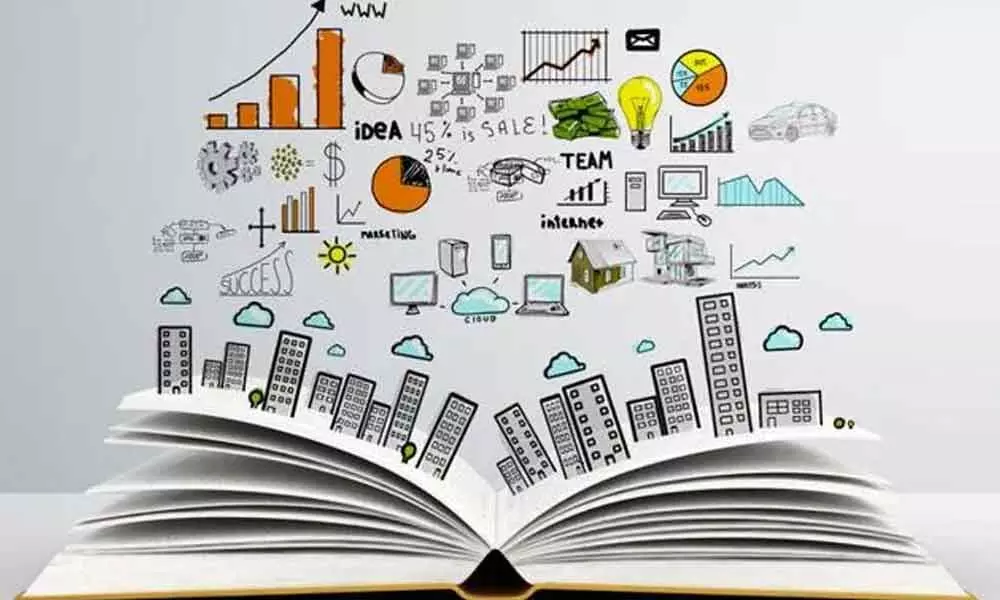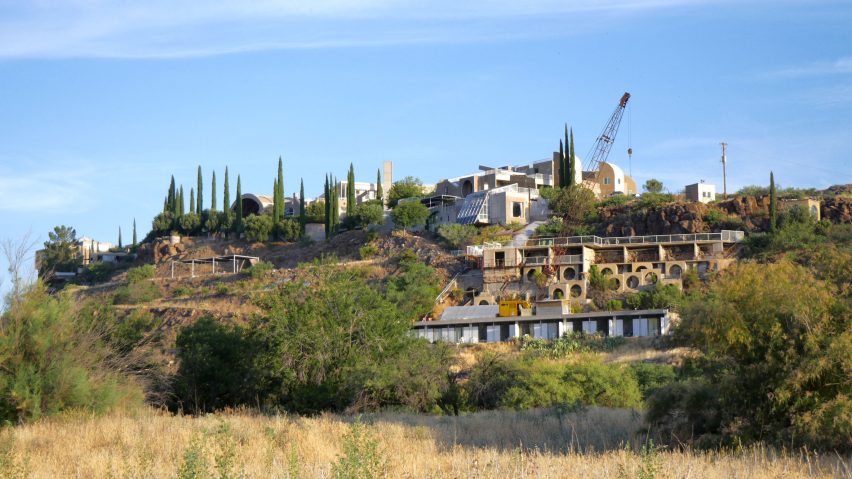Evolving Education: Past, Present, Future

Education, a continuum of educational development that intertwines the past, present, and future, forms the bedrock of societal progress. From the ancient halls of wisdom to the digital classrooms of today, the evolution of education has been a transformative journey.
Table of Contents
ToggleEducational Development Across History
Ancient Wisdom: Foundations of Learning
In antiquity, education took myriad forms. From the scholarly pursuits of ancient Greek philosophers to the holistic education imparted in Vedic schools, the emphasis was on cultivating wisdom, virtue, and critical thinking. Education wasn’t confined to classrooms; it was a way of life—a philosophy that nurtured intellect and character.
Renaissance and Enlightenment: The Dawn of Modern Education
The Renaissance period marked a resurgence of learning and artistic expression. Scholars like Leonardo da Vinci and Galileo Galilei revolutionized education by emphasizing observation, experimentation, and scientific inquiry. The Enlightenment further propelled the idea of universal education, advocating for reason, knowledge, and social progress.
Industrial Revolution: Shaping Formal Education
The Industrial Revolution brought about a shift in educational development. The need for an educated workforce drove the establishment of formal schooling systems. Mass education became a cornerstone of societal advancement, focusing on basic literacy, numeracy, and skills tailored for industrial jobs.
Modern Education: Present Realities
Traditional to Progressive Approaches
Today’s educational development encompasses diverse pedagogical approaches. While some educational institutions uphold traditional methodologies, others adopt progressive models emphasizing collaborative learning, critical thinking, and creativity. The emphasis has shifted from rote memorization to fostering skills for the 21st-century workforce.
Technology in Education: The Digital Revolution
The digital age has revolutionized education, reshaping how knowledge is accessed and disseminated. Online learning platforms, interactive tools, and AI-driven personalized learning experiences have made education more accessible and adaptable. Technology has transformed classrooms into dynamic spaces fostering engagement and personalized learning paths.
Focus on Holistic Learning
Contemporary education emphasizes holistic development, acknowledging that education extends beyond academics. Social-emotional learning, arts, sports, and character development are integral components. The aim is to nurture well-rounded individuals equipped with not just knowledge but also empathy, resilience, and adaptability.
Future Trajectories: Anticipating Educational Trends
Personalized Learning and AI Integration
The future of educational development lies in personalized learning. AI-driven algorithms will cater to individual learning styles, adapting content and pacing to suit each student’s needs. This approach will optimize learning outcomes by tailoring education to individual strengths and weaknesses.
Lifelong Learning and Continuous Reskilling
The evolving job landscape necessitates a shift towards lifelong learning. Continuous reskilling and upskilling will become imperative as automation and AI reshape industries. Education will transition from a static phase to a continuous process, enabling individuals to adapt to dynamic job requirements.
Global Collaborative Learning
Globalization will drive collaborative learning on a global scale. Cultural exchange programs, international collaborations, and virtual classrooms will break geographical barriers, allowing students to engage in diverse perspectives and develop a global mindset.
Conclusion: The Continuum of Educational Evolution
The trajectory of educational development has been a journey of adaptation, innovation, and inclusivity. From ancient wisdom to modern digital classrooms, education has been an ever-evolving force, shaping societies and individuals. As we navigate the future, the continuum of education will remain dynamic, ensuring that learners are equipped not just for the challenges of today but also for the uncharted territories of tomorrow.



